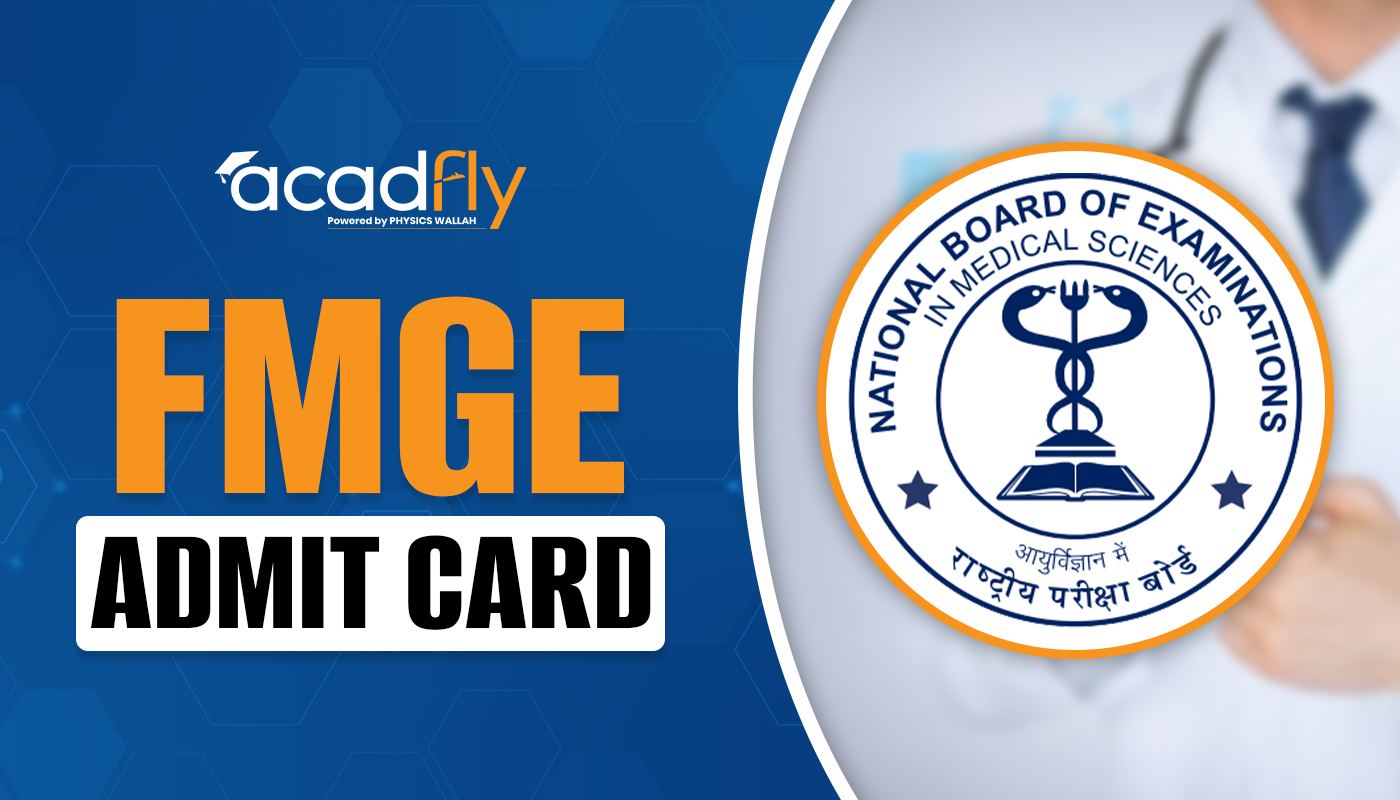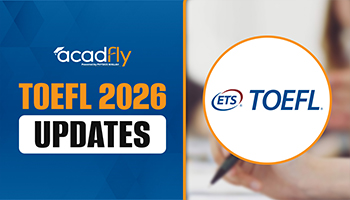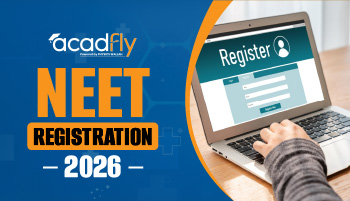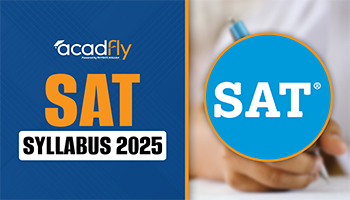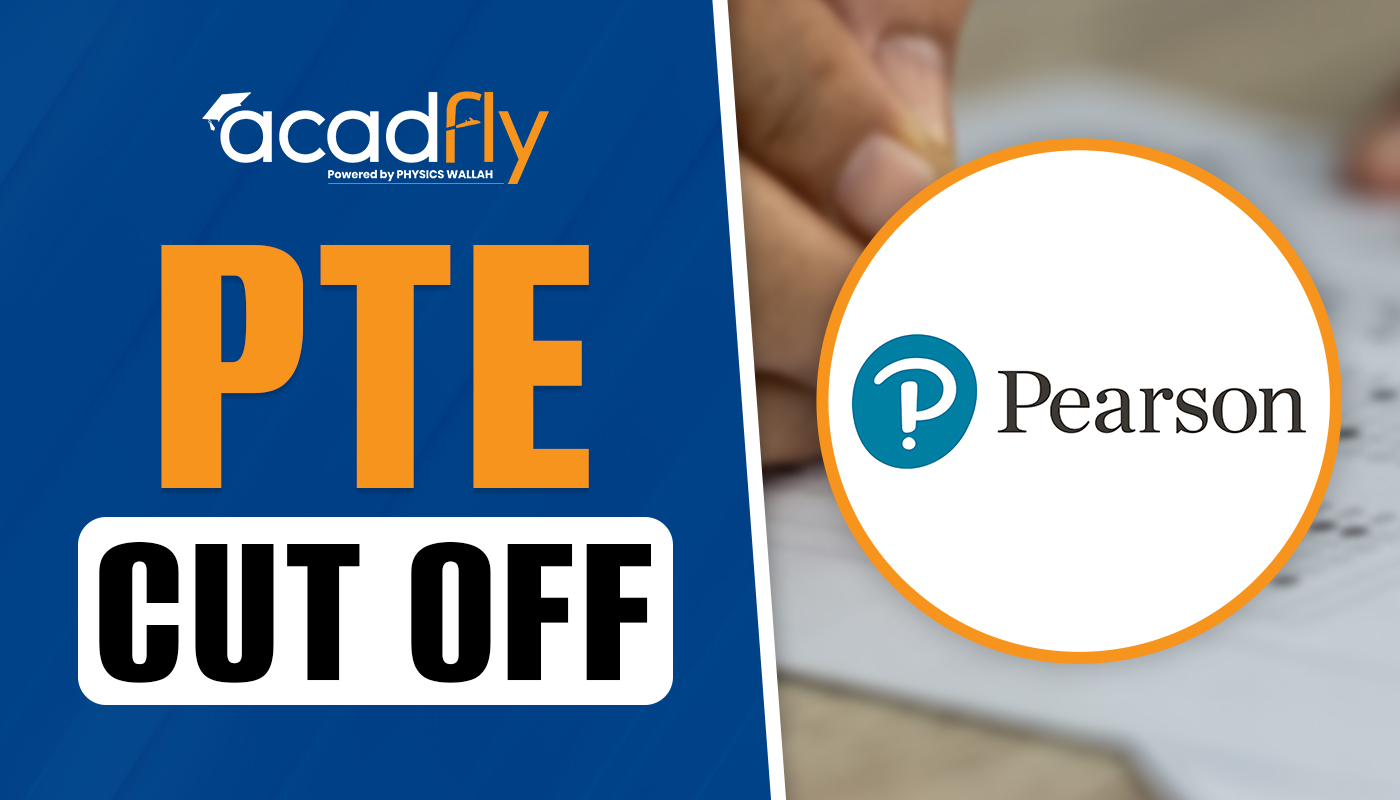
Studying in Germany has become increasingly popular among Indian students, thanks to its high-quality education, vibrant culture, and excellent career prospects. However, one of the most significant prerequisites for pursuing higher education in Germany is proficiency in the German language. This article explores the German language requirements for Indian students, providing a comprehensive guide on how to prepare for German language exams, the significance of language certificates, and tips for enhancing your German language skills.
Understanding German Language Requirements for Indian Students
Germany is home to many universities that offer programs in English. However, if you are planning to study in German, which is often the case for many courses, it is crucial to meet the German language proficiency requirements set by universities. These requirements typically vary based on the course and university but generally fall within specific frameworks.
Importance of German Language Proficiency for Universities
German universities often require proof of German language proficiency as part of their admission criteria. This proficiency is measured through standardized tests that evaluate your reading, writing, speaking, and listening skills in German. Universities such as the Technical University of Munich or Ludwig Maximilian University of Munich may specifically ask for certain levels of proficiency, often indicated by standardized exams like the TestDaF or DSH (Deutsche Sprachprüfung für den Hochschulzugang). Thus, understanding these requirements is not only beneficial but essential for prospective students.
Language Test for Germany Admission
When applying to German universities, it is essential to understand the various language tests available to prove your proficiency. The most recognized tests include:
1.TestDaF (Test Deutsch als Fremdsprache): Widely accepted by German universities, this test evaluates language skills at a level appropriate for academic studies.
2.DSH (Deutsche Sprachprüfung für den Hochschulzugang): This test is specifically designed for foreign students applying to German universities.
3.Goethe-Institut Certificates: Certificates like C1 or B2 from the Goethe-Institut are also recognized by many institutions.
As you can see, knowing these tests will allow you to make an informed choice about which one suits your needs best.
Table of Language Tests and Their Requirements
|
Test Name |
Level |
Description |
Accepted By |
|
TestDaF |
TDN 3-5 |
Evaluates academic language proficiency |
Most German universities |
|
DSH |
DSH 1-3 |
University-specific test |
Various universities |
|
Goethe C1 |
C1 |
Advanced level proficiency |
Widely accepted |
|
Goethe B2 |
B2 |
Upper-intermediate level proficiency |
Many universities |
Preparing for German Language Exam
Preparation is key to succeeding in any language test. Therefore, it is crucial to adopt effective strategies that will facilitate your learning and enhance your chances of passing the exam. Here’s how you can effectively prepare for the German language exam.
Assessing Your Current Language Skills
Before diving into preparation, assess your current German language skills. Understanding your strengths and weaknesses can help you focus on areas that need improvement. You can take online quizzes, engage in conversations with native speakers, or even enroll in a language class for a structured assessment. Consequently, this step will help you identify specific aspects of the language that require more attention.
Structured Learning Approach
Creating a structured study plan can significantly enhance your preparation process. Divide your study time into specific components:
-
Grammar: Focus on German grammar rules, sentence structures, and conjugations.
-
Vocabulary: Expand your vocabulary related to everyday situations, academic terms, and technical jargon relevant to your field of study.
-
Listening and Speaking: Engage in listening exercises, such as watching German films or listening to German podcasts, to improve comprehension. Additionally, practice speaking with native speakers or through language exchange platforms.
As you can see, a balanced approach will not only prepare you for the exam but also equip you with the necessary skills for your studies.
Utilizing Language Learning Resources
Investing in quality language learning resources can further boost your preparation. Here are some recommendations:
-
Books: "Schaum's Outline of German Grammar" and "German Grammar in Context" are excellent for grammar.
-
Apps: Duolingo, Babbel, or Rosetta Stone can help in building vocabulary and practicing speaking.
-
Online Courses: Websites like Coursera or Udemy offer structured courses tailored to specific proficiency levels.
Moreover, these resources can provide valuable insights into the language, allowing you to practice at your convenience.
Practice Tests and Mock Exams
Taking practice tests is essential to familiarize yourself with the exam format. Many resources are available online that provide sample questions and practice exams. Aim to simulate the exam conditions to build confidence and reduce anxiety. By doing so, you will not only understand the structure of the exam but also gauge your readiness.
Enhancing Your German Language Skills for Study
To excel academically in Germany, it is not enough to just pass the language test; you need to develop comprehensive language skills that will help you in your studies. Here are some effective methods to enhance your language skills.
Engaging with German Media
Consume German media such as newspapers, TV shows, and movies. This not only helps with language acquisition but also familiarizes you with cultural nuances and academic discussions in German. Therefore, immersing yourself in the language through media will enhance both your understanding and appreciation of the culture.
Joining Language Exchange Programs
Participating in language exchange programs allows you to practice speaking with native German speakers. This experience is invaluable as it provides real-world conversational practice and cultural immersion. Consequently, you will become more comfortable with everyday language use, which is often different from what is taught in textbooks.
Taking Intensive Language Courses
If time permits, consider enrolling in intensive German language courses before your university program begins. These courses often focus on academic German, helping you adapt quickly to the language demands of your degree. Therefore, such courses can significantly improve your fluency and prepare you for the academic environment.
Language Certificate for German Universities
Obtaining a language certificate is crucial for your admission process. Each university may have specific requirements regarding accepted language certificates, so it's essential to check individual university guidelines.
How to Obtain a Language Certificate
1.Register for an Exam: Choose the appropriate exam based on your proficiency level and the requirements of your target universities.
2.Prepare Thoroughly: Follow the preparation strategies mentioned above to ensure you perform well.
3.Take the Exam: On the day of the exam, arrive well-prepared and relaxed.
4.Receive Your Certificate: Once you pass the exam, you will receive a language certificate, which you can submit along with your university application.
In summary, obtaining this certificate is a crucial step in your academic journey and can open many doors for you.
Connecting Language Proficiency with Admission Success
A strong command of the German language can significantly enhance your application. Universities often favor candidates who demonstrate language proficiency, as it indicates a higher likelihood of success in academic settings. Thus, investing time in developing your language skills can pay off in multiple ways.
Frequently Asked Questions
1. What level of German language proficiency do I need to study in Germany?
2. Can I study in Germany without knowing German?
3. How long does it take to learn German to a B2 level?
4. What resources are available for learning German?
5. How do I register for a German language exam?


